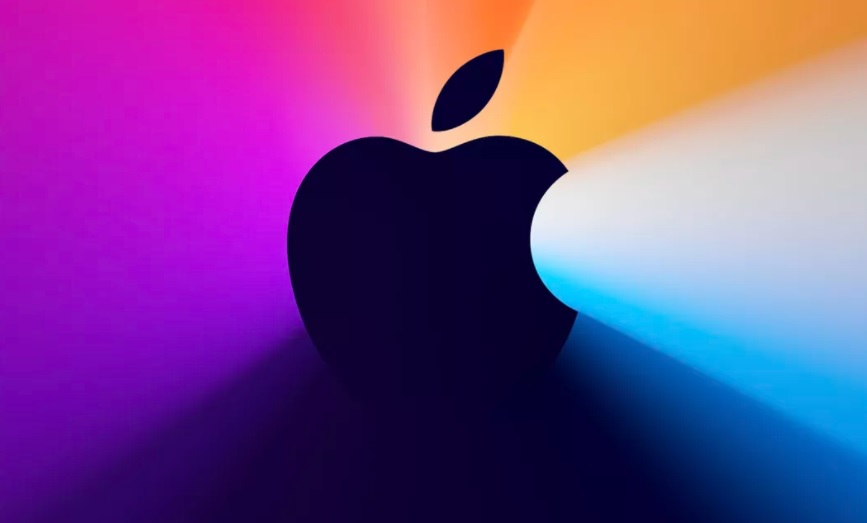A wild new report from The Wall Street Journal reveals that Apple’s strategy in the personal health realm is far more ambitious than anyone previously imagined. While Apple’s health-oriented initiatives have, to date, focused primarily on Apple Watch features, the Journal relays that Apple has been tinkering with the idea of running a primary health care service with doctors employed by Apple.
And far from just a theoretical idea on a whiteboard, Apple has already tried implementing this plan on a much smaller scale. Back in 2017, Apple started to take over a few local clinics that were already frequented by dozens of Apple employees. As part of the initiative, Apple assembled a team of doctors, engineers, and designers to see if it could come up with a superior alternative to traditional healthcare services.
Despite Apple’s best efforts, however, it doesn’t appear that we’ll be seeing Apple-run healthcare clinics anytime soon:
The new primary-care service hasn’t gotten off the ground, people familiar with it say. A digital health app launched quietly this year has struggled to keep users engaged, say people familiar with the app and the documents seen by the Journal. Some employees have raised questions internally about the integrity of health data coming from the company’s clinics that has been used to support product development, according to people familiar with their concerns and the documents.
According to the report, Apple executives believe that health data gleaned from the array of sensors on the Apple Watch puts it in a unique position to improve healthcare for people across the country. In one scenario envisioned by Apple executives, users who sign up for a health-based subscription service from Apple could have health data from their Apple Watch subject to continuous monitoring by health professionals.
Apple’s efforts in this regard, however, have reportedly lost momentum in recent years. The initiative still hasn’t left the “preliminary stage” and there is no shortage of concerns about the very concept itself:
Dr. Desai’s unit in particular has seen multiple departures by employees who say its culture discourages critical feedback, which is potentially problematic for a unit focused on products and services related to personal health, according to people familiar with its culture and the documents. Some employees expressed concerns that internal data about the clinics’ performance, data that was recently used to support the rollout of a new digital health app, has been inaccurate or compiled haphazardly, according to the documents and people familiar with the data.
While there’s no denying that health-oriented features on the Apple Watch are immensely helpful and life-saving at times, the idea of Apple running its own healthcare clinics seems a bit far-fetched for a company with only limited experience in the healthcare field.
But as we’ve come to see from Apple in recent years, the company has no qualms about exploring bold new initiatives no matter how far-fetched they may seem at first glance. As a prime example, Apple is reportedly still engaged in EV development in some capacity, even though the odds of Apple succeeding in an industry as cutthroat and sophisticated as the automotive industry are incredibly slim.








